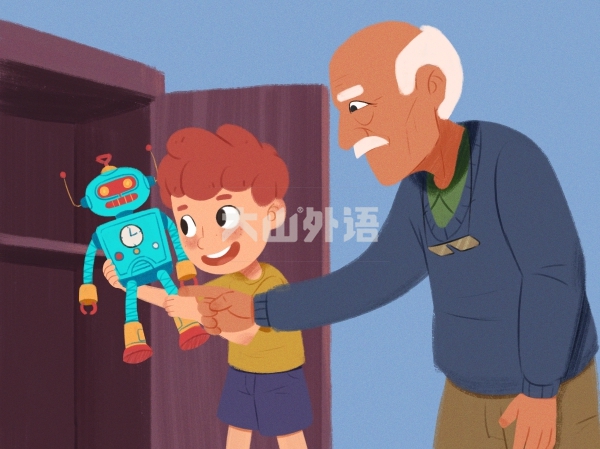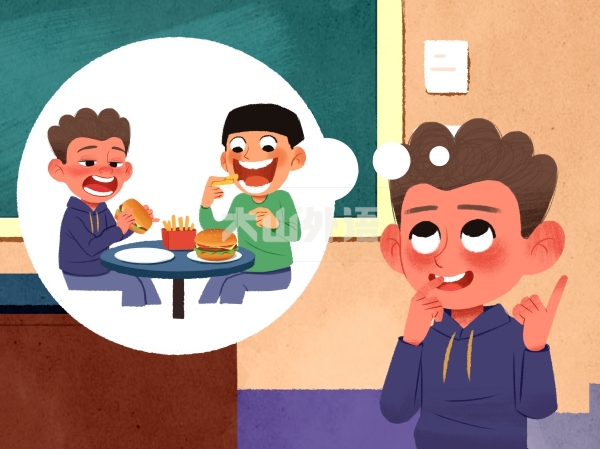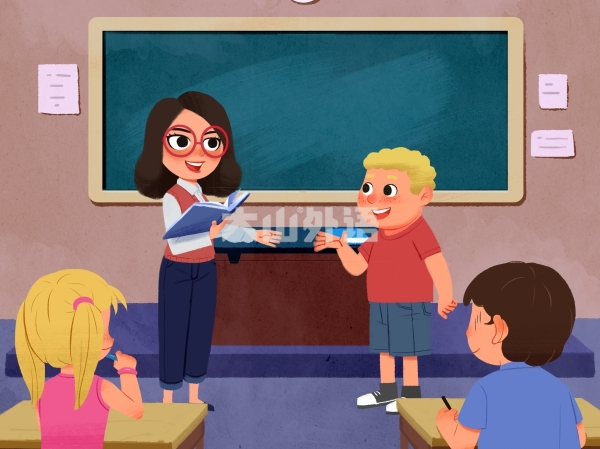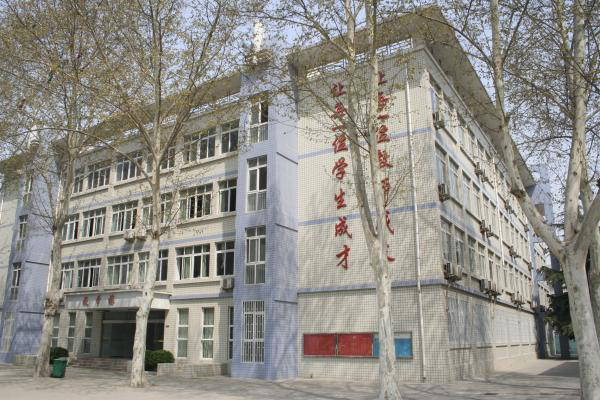一、时态用法
表示从过去某一时间来看将来某时会已经完成的动作。
如:
1.He knew by the time he arrived she would have gone home.
在他到时他才知道她已经回家了。
2.The day was drawing near when we would have completed the reservoir.
我们建成水库的日子不远了。
3.He said he would have done with my camera by the end of next month.
他说到下月底就不用我的照相机了。

二、用于虚拟语气中
若表示与过去事实相反的虚拟语气,此时条件从句的谓语用过去完成时(had+过去分词),而主句谓语则通常用过去完成时(would+have+过去分词),当然,主句谓语也可根据情况使用“should (could, might)+have+过去分词”。
如:
1.If I had known that you were coming I would have met you at the air-port.
要是我早知道你要来的话,我就会在机场接你了。
2.If he had lived, some day Michael would have done something important.
假定麦克尔当时在世的话,他本可做出了不起的事。
3.If I had known how he felt, I would never have let him adopt those children.
我要是知道他的想法,我是决不会让他领养那些孩子的。
三、情态用法
“would + have + 过去分词”的情态用法
would 后接完成式除用于构成过去将来完成时外,它还有其情态动词用法的一面。
如:
1.Few men would have bared their soul to a woman as he had.
很少有男人能像他一样对一个女人敞开心扉。(表怀疑)
2.I’m surprised you didn’t like the film. I would have thought it was just your kind of thing.
你不喜欢这部电影,这让我感到奇怪。我本来还觉得正对你的路呢。(表过去的想法)
3.My father would have driven me to Cornwall, but we decided it would be quicker by train.
父亲原本要开车送我去康沃尔,但我们还是觉得坐火车更快。(表过去的想法)







